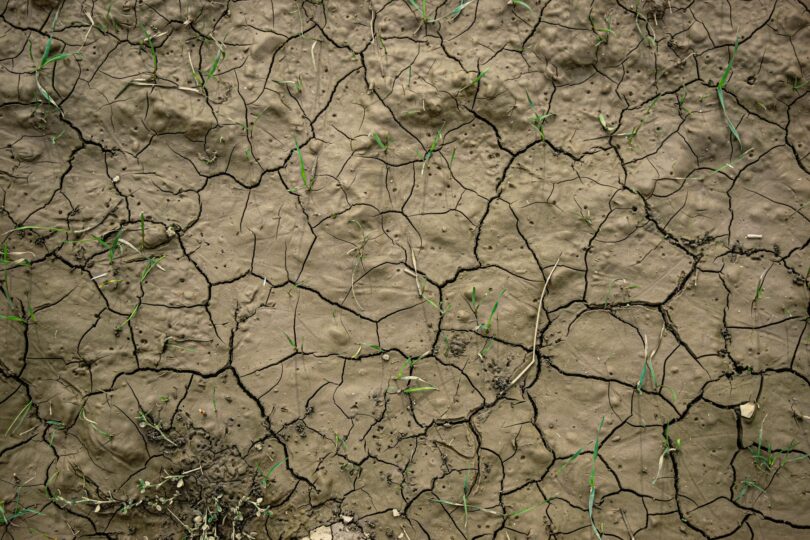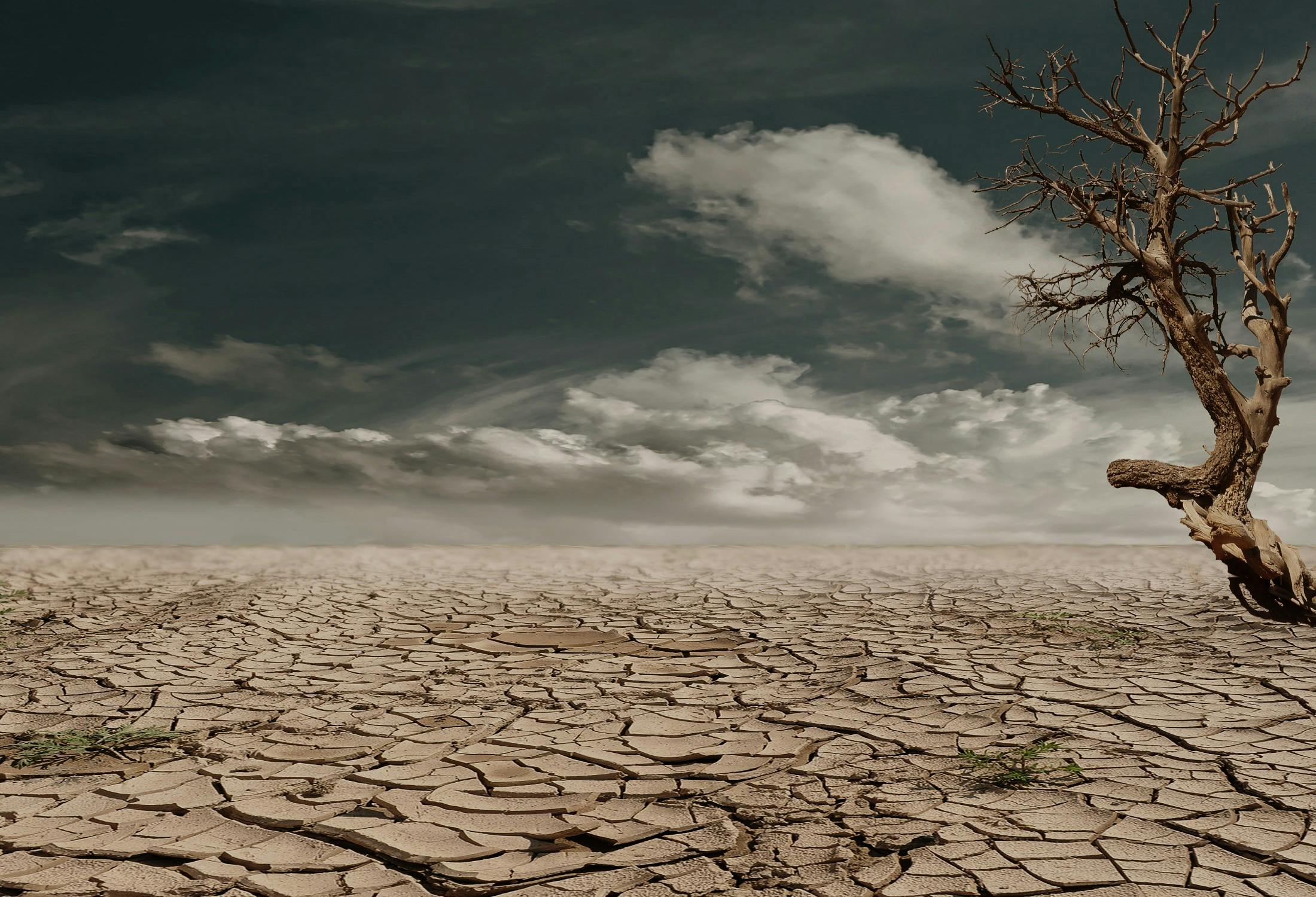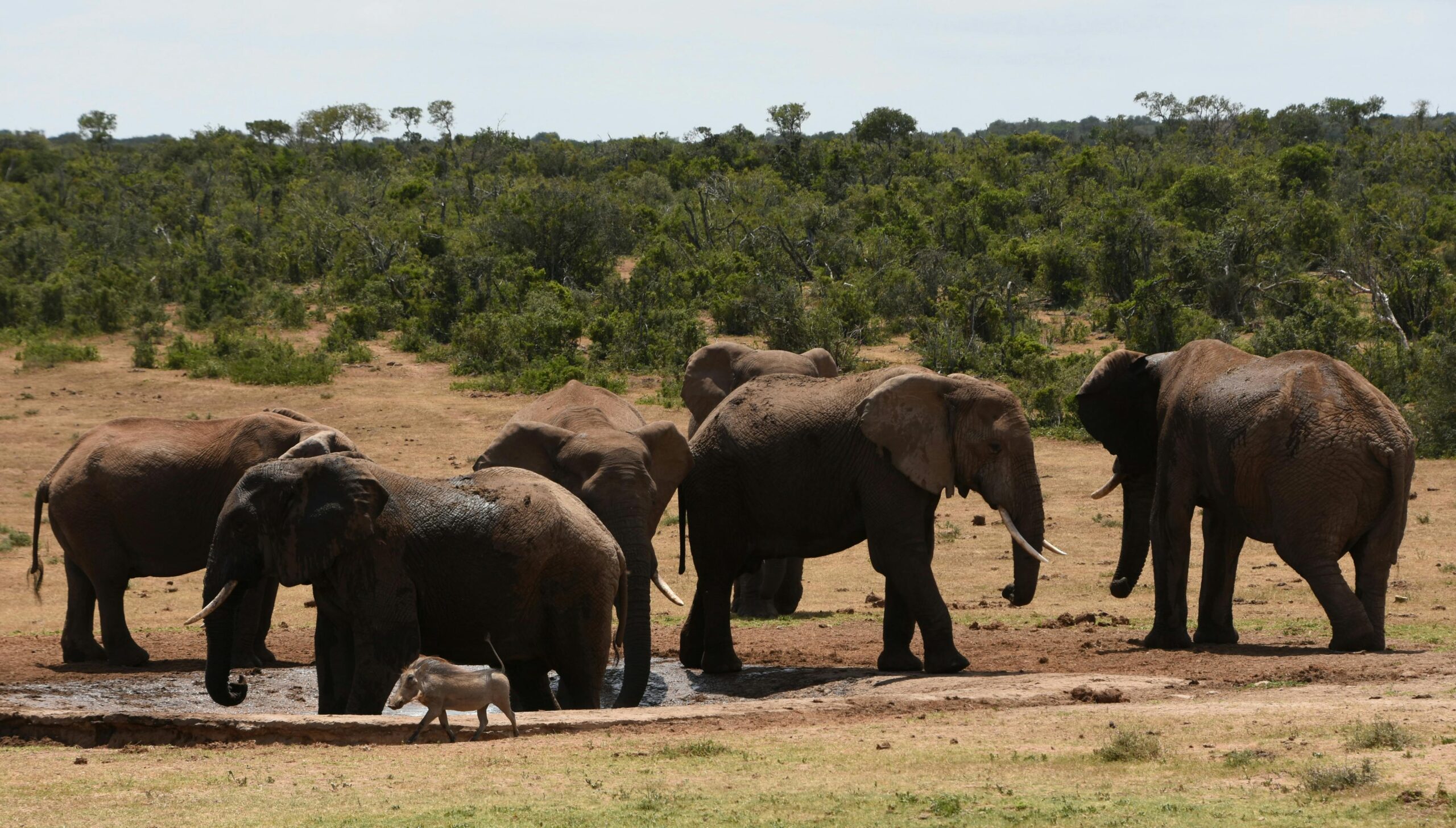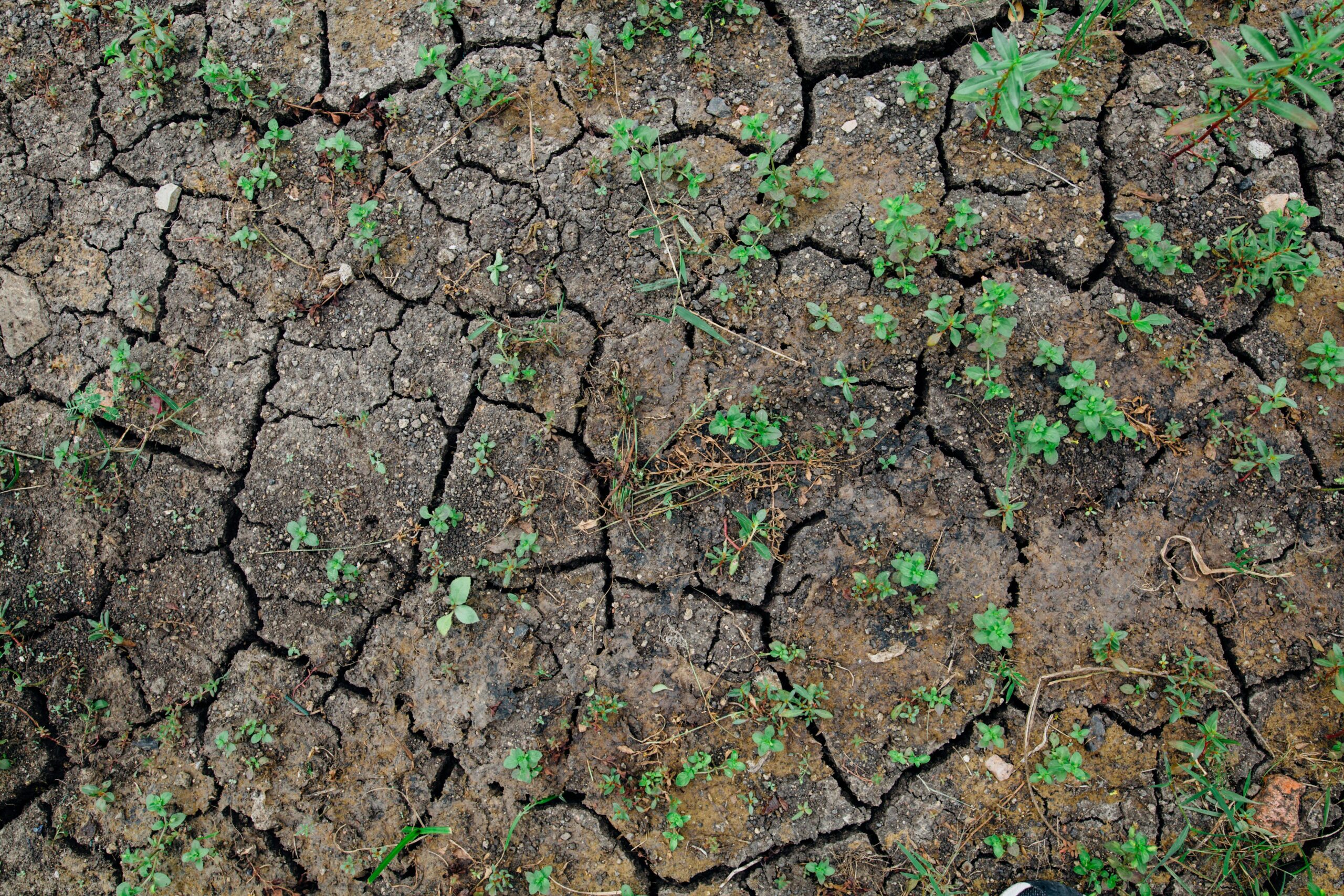Water scarcity is a critical environmental issue that plays a significant role in accelerating desertification, particularly in arid and semi-arid regions. As climate change intensifies, the frequency and severity of droughts increase, exacerbating water shortages and leading to the degradation of land. Understanding the relationship between water scarcity and desertification is essential for developing effective strategies to combat these interconnected challenges.
1. Water Scarcity: Causes and Consequences
Water scarcity can arise from various factors, including climate change, over-extraction of water resources, pollution, and poor land management practices. As temperatures rise and precipitation patterns change, many regions experience reduced rainfall and prolonged dry periods. This scarcity impacts not only the availability of freshwater for drinking and irrigation but also the health of ecosystems that depend on stable water supplies.
The United Nations reports that by 2025, approximately 1.8 billion people will live in regions with absolute water scarcity, significantly affecting agriculture and food securitycultural productivity declines due to insufficient water, land becomes more vulnerable to degradation, leading to desertification.
2. The Feedback Loop Between Water Scarcity and Desertification
The relationship between water scarcity and desertification is cyclical and self-reinforcing. As vegetation cover diminishes due to lack of water, soil erosion increases, leading to the loss of topsoil and further degradation of land. This loss reduces the soil’s ability to retain moisture, creating a feedback loop that exacerbates both water scarcity and desertification .
Reseates that when soil is degraded, its capacity to absorb and retain water diminishes, resulting in increased runoff during rainfall events. This further depletes groundwater reserves and reduces the overall resilience of ecosystems to climate variability .
3. Impactslture and Livelihoods
Water scarcity directly impacts agricultural production, which is heavily dependent on reliable water sources. In regions facing desertification, crop yields decline, leading to food insecurity and threatening the livelihoods of millions of people. The Food and Agriculture Organization (FAO) estimates that approximately 30% of the world’s arable land is currently degraded, primarily due to water scarcity and mismanagement .
As farmers struggle witing water supplies, many are forced to adopt unsustainable practices, such as over-extraction of groundwater or the conversion of natural ecosystems into agricultural land. These practices further accelerate land degradation and desertification, creating a vicious cycle that is difficult to break.
4. Mitigation Strategies
Addressing the issue of water scarcity and its role in desertification requires a multi-faceted approach. Some effective strategies include:
- Integrated Water Resource Management (IWRM): Implementing IWRM can help balance water use among agricultural, industrial, and domestic needs while ensuring sustainability. This approach encourages the participation of all stakeholders and focuses on the sustainable management of water resources .
- **Sustainable Agricultural PraAdopting water-efficient irrigation techniques, such as drip irrigation and rainwater harvesting, can significantly reduce water consumption in agriculture. Additionally, practices like crop rotation and agroforestry can enhance soil health and improve water retention .
- Restoration of Degraded Lands: Reha degraded areas through afforestation and reforestation efforts can improve water retention in the soil and enhance biodiversity. Programs focused on restoring natural ecosystems have shown promising results in combating desertification and improving local water availability .
Conclusion
Water scarcity is a significant drsertification, creating a feedback loop that threatens ecosystems, agriculture, and human livelihoods. Addressing this issue requires comprehensive strategies that focus on sustainable water management, restoration of degraded lands, and the promotion of resilient agricultural practices.
As global temperatures rise and water resources become increasingly strained, tackling the challenges posed by water scarcity will be essential in the fight against desertification and in securing a sustainable future for vulnerable communities worldwide.








Leave a Comment